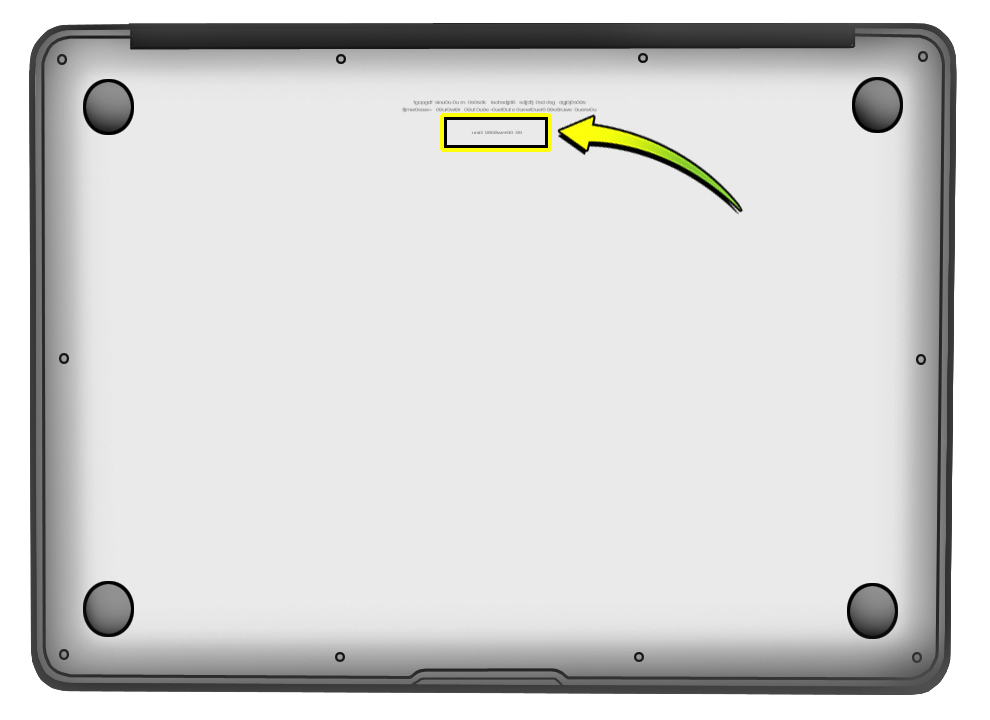Jdk 8 For Macos

How to Install JDK 13 (on Windows, macOS & Ubuntu) and Get Started with Java Programming. The Java Development Kit (JDK), officially named 'Java Platform. Download JDK 8 from the following link JDK 8. After completing the download, double click the file named “jdk-8u211-macosx-x64.dmg” to begin the installation, as shown in the below image: Click on the Continue button, and in the next step click on the Install button.
Latest Version:
Java JDK 13.0.2 LATEST
Requirements:
Mac OS X
Author / Product:
Oracle / Java Development Kit for Mac
Old Versions:
Ffmpeg mac convert mov to mp4 for playing on windows. Filename:
jdk-13.0.2_osx-x64_bin.dmg
MD5 Checksum:
1a466a3346b49dc564a43edb20eb35dd
Details:
Java Development Kit for Mac 2020 full offline installer setup for Mac
Java Development Kit for macOS (often described by Oracle as an “extended” package that expands upon the normal tools that could be find in Java SE Development Kit) hosts wide variety of tools for streamlined developing, debugging, testing, and monitoring of Java applications. The core of the package consists from more than 30 individual tools and service which can effortlessly control every aspect of Java application development, from the concept phase to the final deployment to the end-users.
Contents of the JDK:
Development Tools
(In the bin/ subdirectory) Tools and utilities that will help you develop, execute, debug, and document programs written in the JavaTM programming language.
Runtime Environment
(In the jre/ subdirectory) An implementation of the Java Runtime Environment (JRE) for use by the JDK. The JRE includes a Java Virtual Machine (JVM), class libraries, and other files that support the execution of programs written in the Java programming language.
Additional Libraries
(In the lib/ subdirectory) Additional class libraries and support files required by the development tools.
Demo Applets and Applications
(In the demo/ subdirectory) Examples, with source code, of programming for the Javaplatform. These include examples that use Swing and other Java Foundation Classes, and the Java Platform Debugger Architecture.
Sample Code
(In the sample subdirectory) Samples, with source code, of programming for certain Java API's.
C header Files
(In the include/ subdirectory) Header files that support native-code programming using the Java Native Interface, the JVM Tool Interface, and other functionality of the Javaplatform.
Source Code
(In src.zip) Java programming language source files for all classes that make up the Java core API (that is, sources files for the java.*, javax.* and some org.* packages, but not for com.sun.* packages). This source code is provided for informational purposes only, to help developers learn and use the Java programming language. These files do not include platform-specific implementation code and cannot be used to rebuild the class libraries. To extract these file, use any common zip utility. Or, you may use the Jar utility in the JDK's bin/ directory: jar xvf src.zip. Download Java Development Kit for Mac now!
Also Available: Download Java Development Kit for Windows
Zulu Mission Control is included with every Zing and Zulu Enterprise subscription. When coupled with open source Flight Recorder technology, Mission Control delivers low-overhead, interactive open source monitoring and management capabilities for Java workloads. With Zulu Mission Control you can connect to active Zulu 8 and Zulu 11 JVMs and get real-time visibility into all aspects of a running application.
Zulu Mission Control is fully-tested build of JDK Mission Control, which was open sourced by Oracle and is managed as a project under the OpenJDK umbrella. Azul has back-ported the JDK Mission Control code and added support for production applications running on both Java SE versions 8 and 11.
Community builds of Zulu Mission Control are free to download and use without restrictions and will work with any Java 8 or Java 11 JVM that has implemented Flight Recorder technology as part of the JVM.
Today you can use Zulu Mission Control on Zulu Enterprise, Zing, and Zulu Community builds of OpenJDK from Azul Systems, other compatible OpenJDK runtimes, and properly-licensed Oracle Java SE JVMs.
Please note that a single version of Zulu Mission Control will support Java runtimes from both JDK 8 and JDK 11.
Think you may want support for Zulu Mission Control?

Flight Recorder and Mission Control are already included with every Zulu Enterprise and Zing subscription.
Still have questions?
Check out our documentation:
Download Zulu Mission Control Here
By downloading software from this page, you agree to the Terms of Use.
How to install
Download one of the Zulu Mission Control installation packages (see table) to a reasonable location on your target system. For example:
Expand the downloaded file.
Thank you.Another weakness of using Serial Numbers for identification is that repairs can alter or remove the serial number in software or hardware and/or provide conflicting Serial Number information. 
Linux: zmc7.1.0.69-ca-linux_x64/zmc
macOS: zmc7.1.0.69-ca-macos_x64/Zulu Mission Control.app/Contents/MacOS/zmc
Windows: zmc7.1.0.69-ca-win_x64zmc.exe
or double-click at the zmc application icon in a file explorer/finder.
Advisory: During your initial use of Zulu Mission Control you may see a warning notification from your OS. For example:
- Windows Defender will alert that zmc.exe is going to access the network.
- macOS users will be asked to confirm that you really want to launch a downloaded application.
These messages can be safely ignored while using Zulu Mission Control.